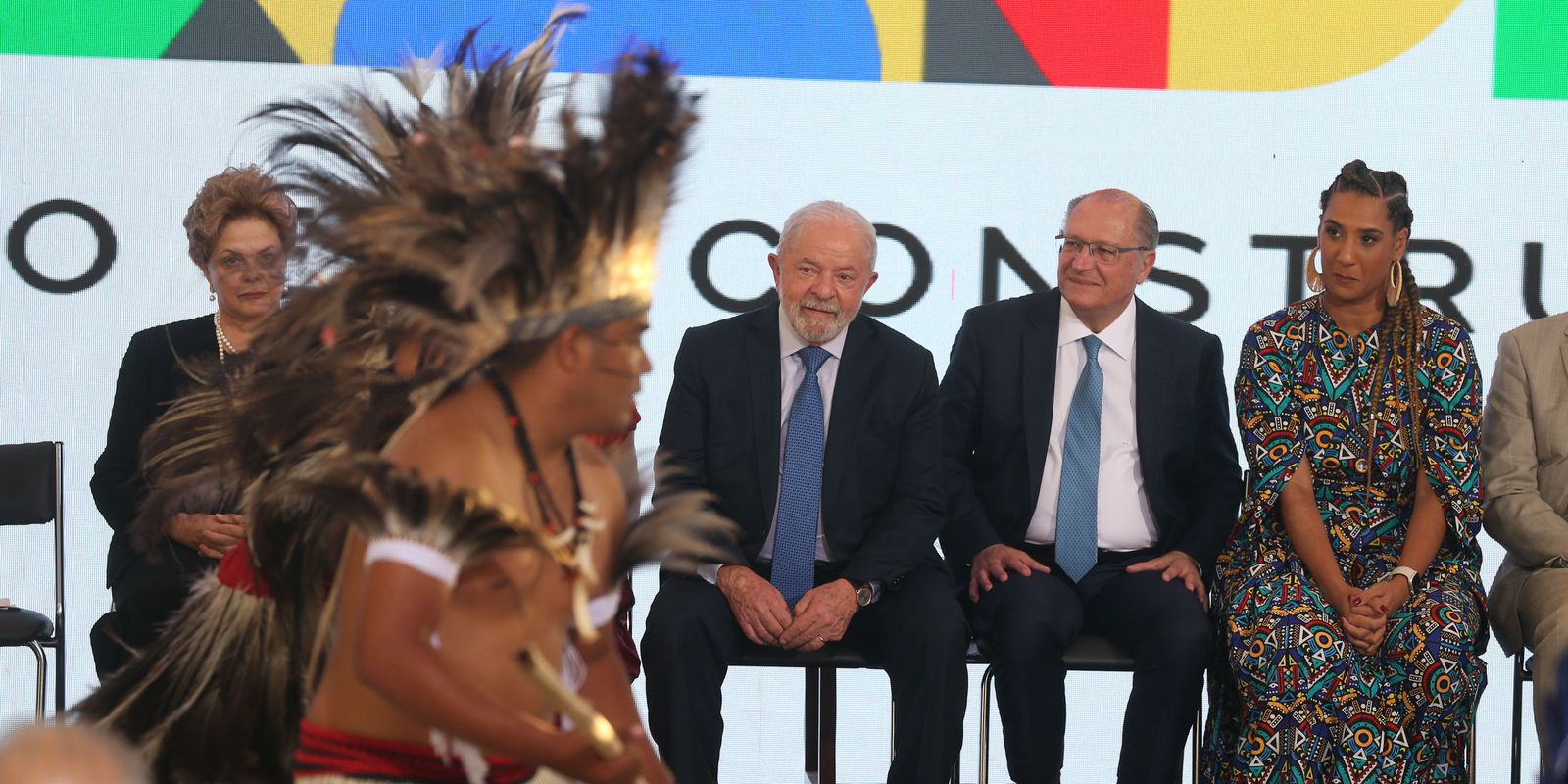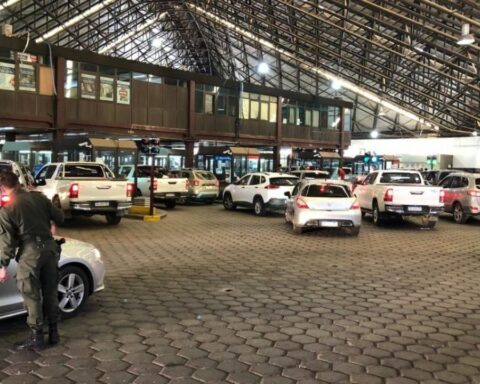The Senate dispatched this Wednesday the constitutional reform project so that the Armed Forces can protect critical infrastructure, so it will go on to its next process in the Chamber of Deputies and Deputies.
The initiative had 46 votes in favor and only one against, from independent senator Fabiola Campillai. Specifically, what it does is allow the Executive to summon the Armed Forces to protect critical infrastructure in the face of a “serious or imminent” danger to it, understanding critical infrastructure as the set of essential and public utility facilities or services, as well as those whose affectation causes serious damage to the health or supply of the population, to essential economic activity, to the environment or to the security of the country. This does not mean suspending or limiting the rights and guarantees established in the Constitution, unlike the constitutional State of Exception.
The initiative will leave the specific criteria for its definition and the obligations to which the agencies in charge of this infrastructure will be subject to a future law.
After the approval, the Minister of the Interior, Carolina Tohá, explained in the room the path the initiative had taken to reach higher levels of support, recalling in passing that this proposal had emerged as an alternative to face the crisis in La Araucanía.
One of those who voted in favor was DC Senator Francisco Huenchumilla, who pointed out that the project “allows us to have a new legal architecture today, so that the state can face the different risks we have. So, in this project, it is a question of how you reconcile the duty of the state to provide security to the people and the country, and at the same time, respect the rights of the people”.
In addition, the legislator was emphatic in pointing out that the initiative “does not restrict any constitutional right, the guarantees established by the Constitution; Contrary to what happened with states of exception, where there were certain nuances of restriction of certain rights of individuals”.








